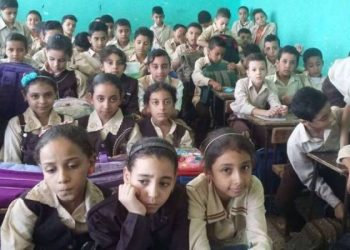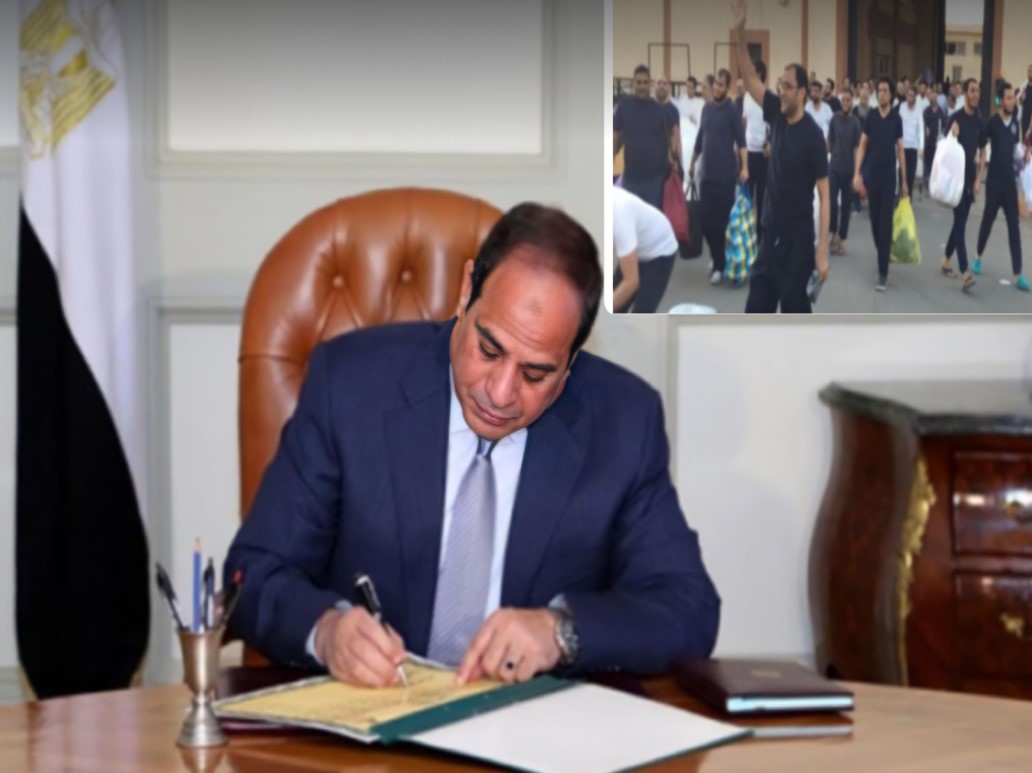Students and their parents in Egypt received a shock after the increase in public school fees during the school year, despite already difficult living conditions. The Ministry of Education’s decision to raise public school fees by more than 100 per cent sparked anger among parents, especially those with more than one child in different classes. On social media, the protesters indicated that the decision meant an abolition of the free education stipulated in the constitution.
Many parents launched an attack on Education Minister Tariq Shawky, accusing him of sabotaging education through his experiences with students, which he called a new educational system. Parents explained that this increase in expenses is not the first, as costs have now increased for the third time during the past five years, while this is not reflected in the improvement of schools or educational services provided to students. It is noteworthy that the increase in school expenses comes in light of a wave of anger and demonstrations in protest against the deterioration of living conditions and the increasing burdens on citizens after the removal of subsidies on goods and services.
Increase in school expenses
The Ministry of Education raised expenses from EGP 195 to EGP 500 for the secondary stage, by 156 per cent. The ministry also decided to raise the expenses of kindergarten to the third grade of primary school to EGP 300, and from the fourth primary to the third preparatory stage for EGP 200, and set the fees for technical education, whether three years or five years, at EGP 200. The decision excluded orphan students, the students of Halayeb, Shalateen, and Sinai schools, and the children of the martyrs and victims of the January 25 revolution.
Among the groups exempt from paying expenses are children of families benefiting from the social security pension, children of a female breadwinner, children of the blind and those with special needs, children of males recently released from prisons without fixed income, and students of special education schools. Many specialists and observers have expressed their surprise and dissatisfaction with the decision to increase the expenses and expect that 85 per cent of the families will not pay the costs. Many teachers explained that there is no convincing justification for this exaggerated increase, as one is the spending on activities and trips, which will stop in light of the continuing corona pandemic.
The increase in school fees came in light of reducing the days that students are supposed to attend per week to study and limiting them to two days for preparatory and secondary students due to the spread of the coronavirus. For his part, Mohamed Shaker, an official of the “secondary cumulative” group, said on Facebook that public school students’ parents were seriously shocked by the high fees for the 2020/2021 academic year. He added that despite expectations of reducing fees for the high school student or at least remaining as they were due to lowering attendance days to only two days a week and not printing textbooks, what happened is the opposite, as fees rose from EGP 200 to EGP 500. Shaker emphasised that changing the previous curriculum to new curricula increased the books’ costs for the new curricular, which the guardian bears in amounts ranging from EGP 690 to EGP 1,035.
Public schools
In the same context, Ghada al-Noubi, a guardian, said that most of the parents’ social conditions have worsened due to the corona pandemic, and what caused it to run most businesses at half their capacity and most employers have reduced the number of their workers due to gatherings. She emphasised that the increase in school fees will burden the family, especially if a family has three or four students in education, the financial burden will be more significant.
The increase in school expenses comes in light of multiple crises hitting the entire educational process, especially in public schools that suffer from academic buildings’ collapse. In particular, public schools suffer from dense classes, low services provided to students, teachers’ deficits, and low salaries in light of the reduction in the health and education budget of the state’s general budget.





Recent Comments